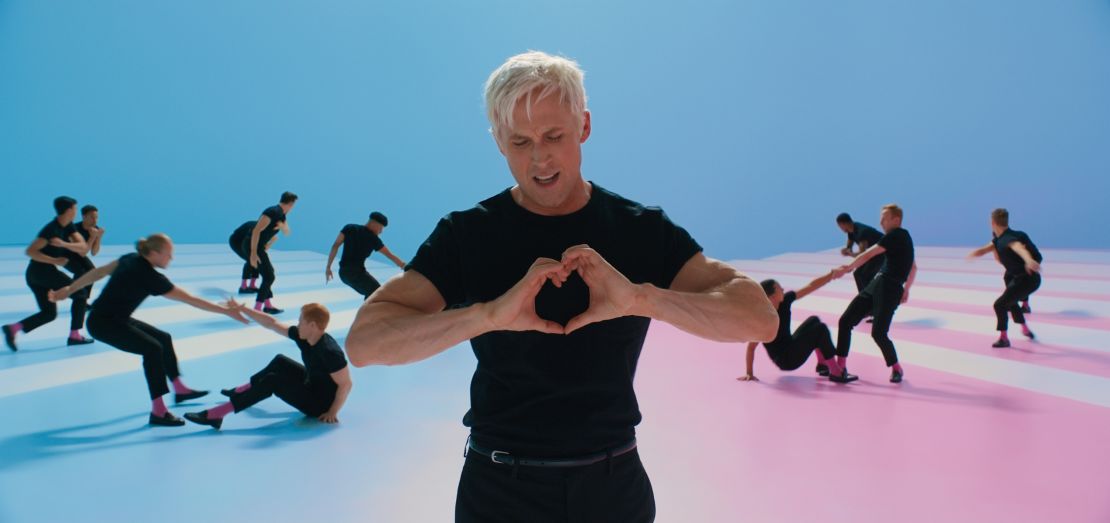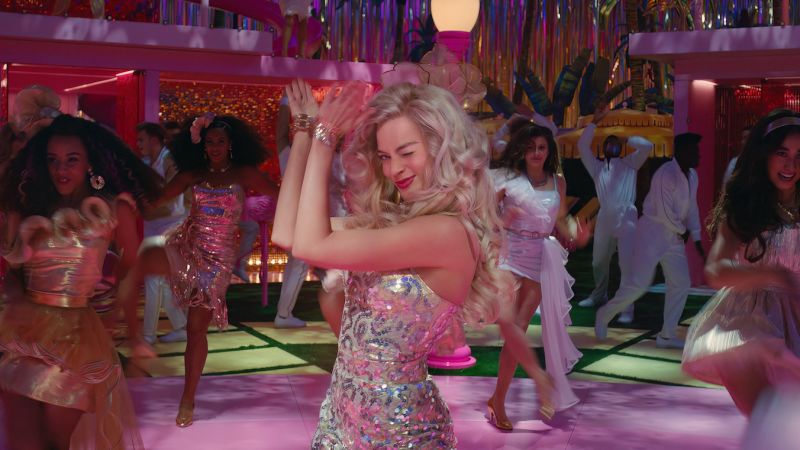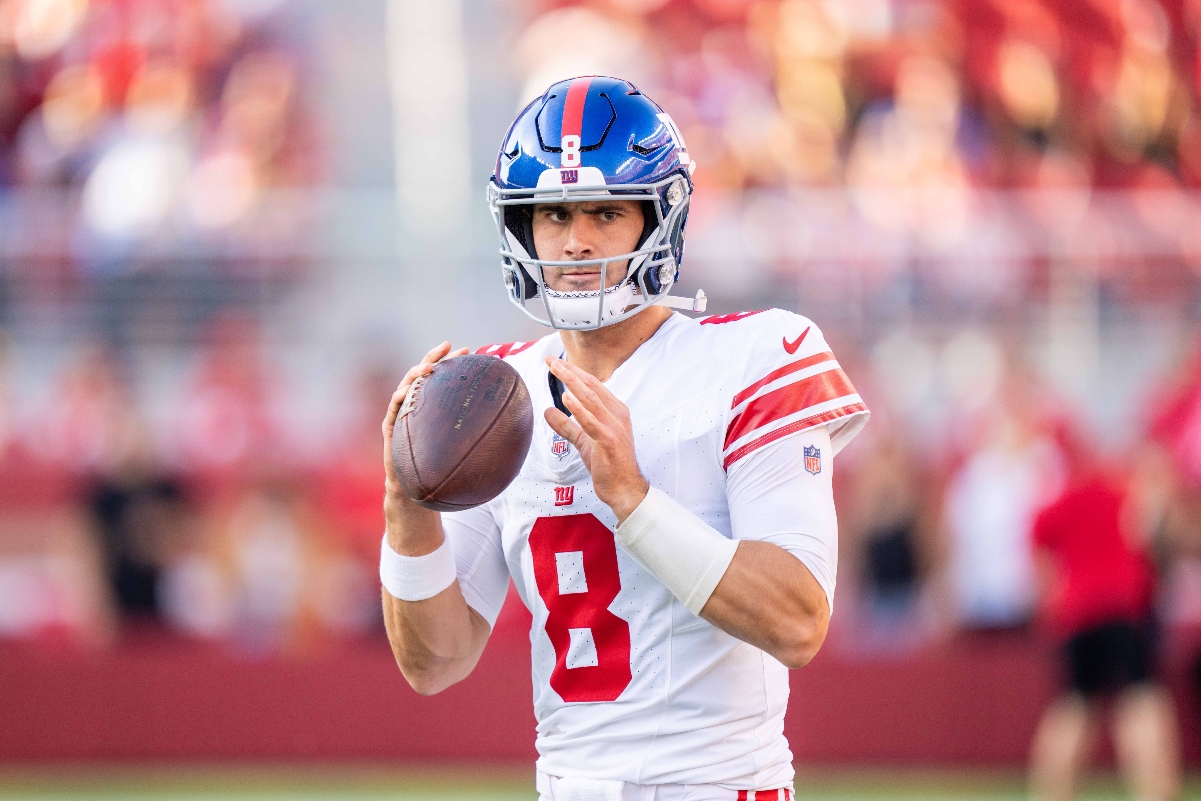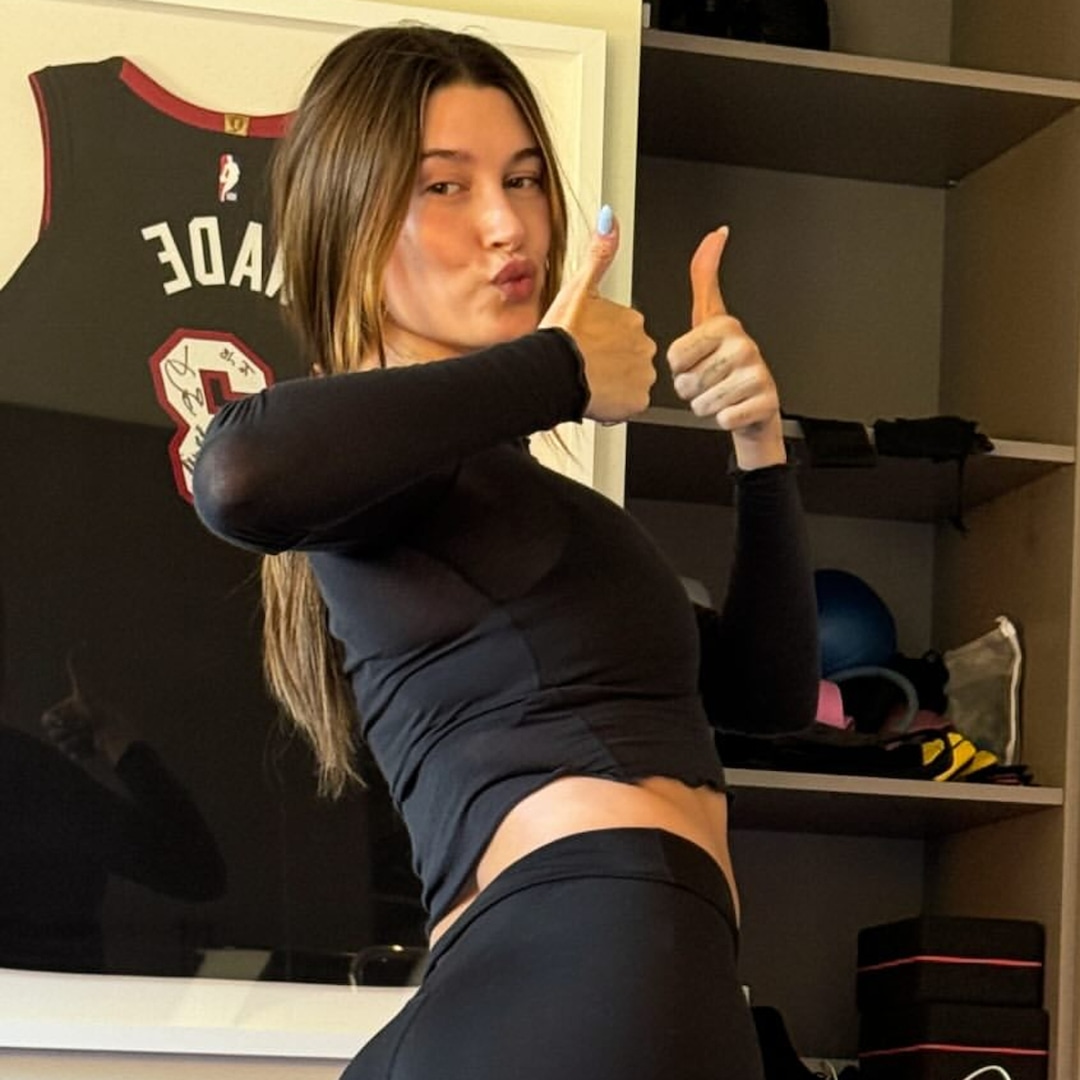(CNN) — If anything especially notable happened between late July and December of last year, I can’t remember it. All I know is pink.
I was too busy spending my time with “Barbie.” I’ve seen the film upwards of 20 times since it premiered on July 21, 2023. Half of those viewings were in theaters with packed, enthusiastic crowds bedecked in pinks of all shades. It was sublime.
Watching “Barbie” so much defined the back half of my 2023. It was a reliable escape and a consistently good time, a cultural link I shared with nearly everyone in my life and almost something like an identity I could choose myself.
I’ve found no such “Barbie”-level cinematic event in 2024. And we could surely use it: This summer is decidedly bleak. The political climate is apocalyptic. It’s too hot to do almost anything other than go to the movies.
Revisiting “Barbie” a year on, I realized I love the film less than the phenomenon. The summer of “Barbie” was one of my happiest, when I felt truly connected to my fellow humans. Watching the film now only makes me miss my time in Barbie Land, before everything got real.
I had so badly wanted it to be good.
From the moment “Barbie” was announced, I was hopeful that the film would deliver, and every development I could find on this mysterious film only made me more eager: The first photo of Ryan Gosling as Ken, looking like a bleach-blond, claymation version of himself; seemingly incongruous casting announcements for Will Ferrell, half the cast of “Sex Education,” John Cena; paparazzi shots of Margot Robbie crying on a curb in a pink cowgirl ensemble. What would this film be?
I excitedly watched as social media jokes about a “Barbie”-”Oppenheimer” double feature (“Barbenheimer”) turned into an actual event people started to buy tickets for. I wrote a primer for how to best watch the two films together while obsessively searching for interviews, promos, behind-the-scenes sneak peeks — anything that would quench my “Barbie” thirst.
Finally, the day before it hit theaters, I squeezed into a crowded screening for employees of Warner Bros. Discovery (parent company of both Warner Bros., which released “Barbie,” and CNN).
I loved it so much that I watched it again, twice, that Saturday, bookending my sole viewing of “Oppenheimer.” (Sorry, Nolan.) Nearly everyone in the showings for both films was in a shade of pink.
And then I just kept watching. I took my partner, parents and various friends to see it on different occasions, hoping to hear them laugh when Ken tossed Barbie’s “Ice Capades pretty practice suit and dazzling show skirt” off the side of her dream house or sniff back tears when Barbie walked into her human life for the first time. And I saw it a few times by myself, too, finally comfortable to be alone in a movie theater because it didn’t feel lonely.
There’s so much to love: An obscure joke about Pavement frontman Stephen Malkmus, Issa Rae’s pronunciation of “The God-FA-ther,” little fake seagulls dangling over the Barbie Land beach’s hard sand, the heartbreaking recognition that passes across Robbie’s face when her Barbie knows she no longer belongs in her plastic world.
But I loved “Barbie” mostly because watching it over and over, always with packed houses, made me feel like the one who was becoming more human.
“Barbie” is a movie about being a woman but even more about being a person — wanting to belong in the world, even when that world is routinely cruel and unsympathetic and brings feelings out of you that are perplexing and disturbing. The real world shreds up all the plans you had for your life, takes the guileless optimism of your youth and melts it like a plastic doll in a hot car. It sometimes turns you into Depression Barbie.
“Barbie” makes it look easy to rebuild yourself amid depression — it just takes a rousing speech from America Ferrara and her bratty tween daughter who’s starting to come around on the doll she earlier declared a fascist. But forcing yourself to reclaim your place in that cruel world is perhaps the toughest and most essential step in no longer being Depression Barbie.
Watching “Barbie” again and again nudged me out of an isolation I hadn’t even realized I’d imposed. Sitting in a totally packed theater for the first time, really, since the pandemic started, surrounded by people of all ages waiting to be transported and greeting each other with “Hi, Barbie” — I would’ve considered it cringeworthy once, but I got onboard.
“Barbie” became a point of connection I could share with everyone in my life, from new friends to my hairdresser to bartenders. If I didn’t have anything to say, I could always talk about “Barbie.” We could discuss whether we thought Ferrara’s second-act monologue was a reductive distillation of feminism 101. Whether there was too much Ken in a film called “Barbie.” Whether it was any good at all. Maybe they’d watch it again or maybe they’d write it off forever, but they always had something to say.
Watching “Barbie” became a habit.
I got sick in September, conveniently, the same day “Barbie” became available to purchase on demand. I watched it on a loop throughout my sickness, falling asleep to Helen Mirren’s narrator and waking up to “Handler-comma-Barbara” signing in at her gynecologist’s office.
I threw it on often in October to prepare for my Halloween costume: I was dressing up as the bespectacled little girl in the film’s Kubrickian prologue who smashes her baby doll to bits after she lays eyes on Robbie’s plastic princess for the first time. And I watched it twice on Christmas Day, once with director Greta Gerwig’s commentary and later the theatrical cut with my begrudging grandfather. I had a feeling that everyone around me was starting to feel “Barbie” fatigue. Once Gosling finished his dazzling Oscars performance of “I’m Just Ken,” “Barbie” fever officially ended. I never wanted it to.

But when you constantly watch and rewatch something, its contents eventually stop mattering or registering altogether — the script and plotting and performances all melt together into a comforting soup you’ve slurped so many times that you can’t really taste it anymore. So I put “Barbie” away for a while, shocking friends who’d come to know me as the preeminent “Barbie” fan of the Atlanta area. (Surely, I joked, I had contributed to its billion-dollar box office with all my repeat viewings.)
When I rewatched it last week for the first time in months, by myself, I was struck by how bittersweet it all felt.
There is no film equivalent this year for “Barbie,” no cultural phenomenon through which to form a connection, no matter how contrived. I am feeling more isolated from my fellow humans this year than last, and no movie theater trip has quite made up for that — even at a showing for this year’s great box office success, “Inside Out 2,” the audience was muted, resigned.
I miss it. Watching “Barbie” now makes me wistful for the first few times I saw it (minus the incessant trailers for “Gran Turismo,” remember those?) and felt like I belonged just by sitting in the audience.
It’s a movie, and I’m an adult. It didn’t teach me anything I didn’t know about being a woman or human. But it was something I could wholeheartedly love, this silly movie that brought people together, in love or in hate, to the air-conditioned movie theater in the middle of the summer and gave us a Matchbox Twenty musical interlude.
Maybe there won’t be another “Barbie”-level event for a long time, one that dominates the cultural conversation for months, drives all kinds of moviegoers to the theater to experience the pink fantasia for themselves and drowns out real-world darkness. But we’ll always have our “Barbie” summer.










